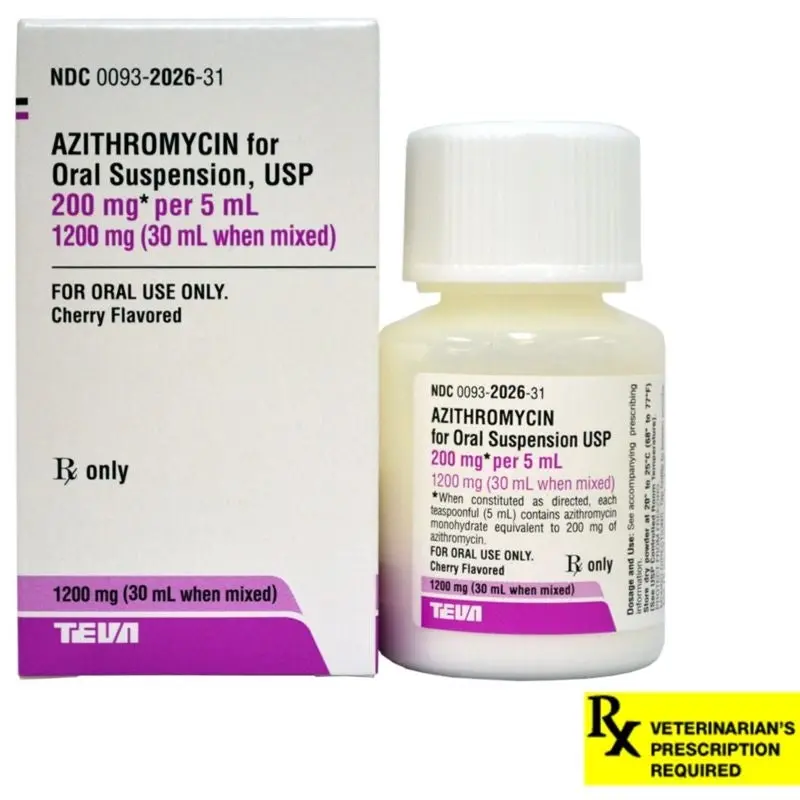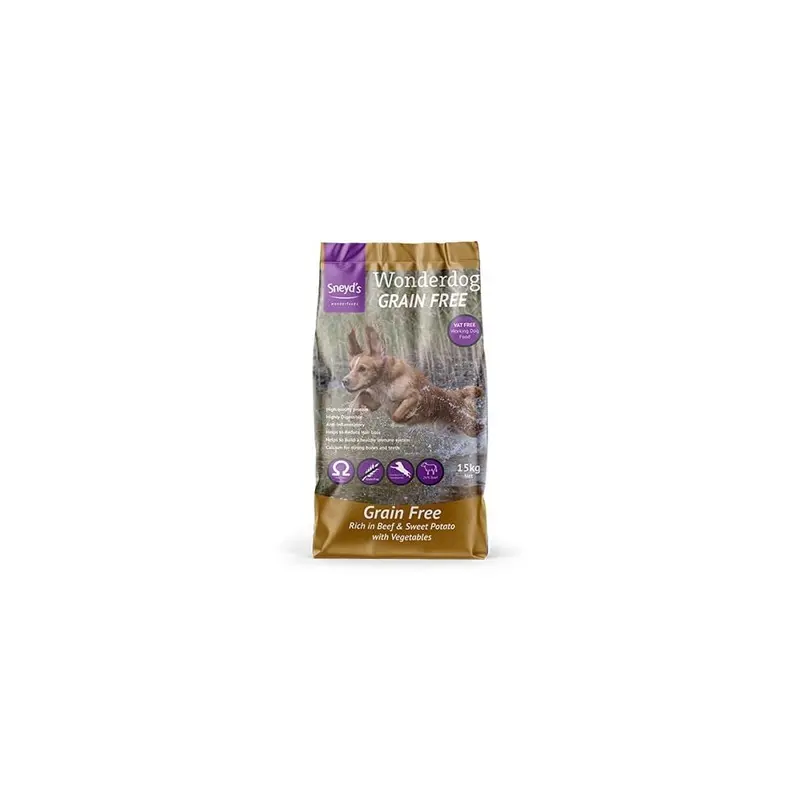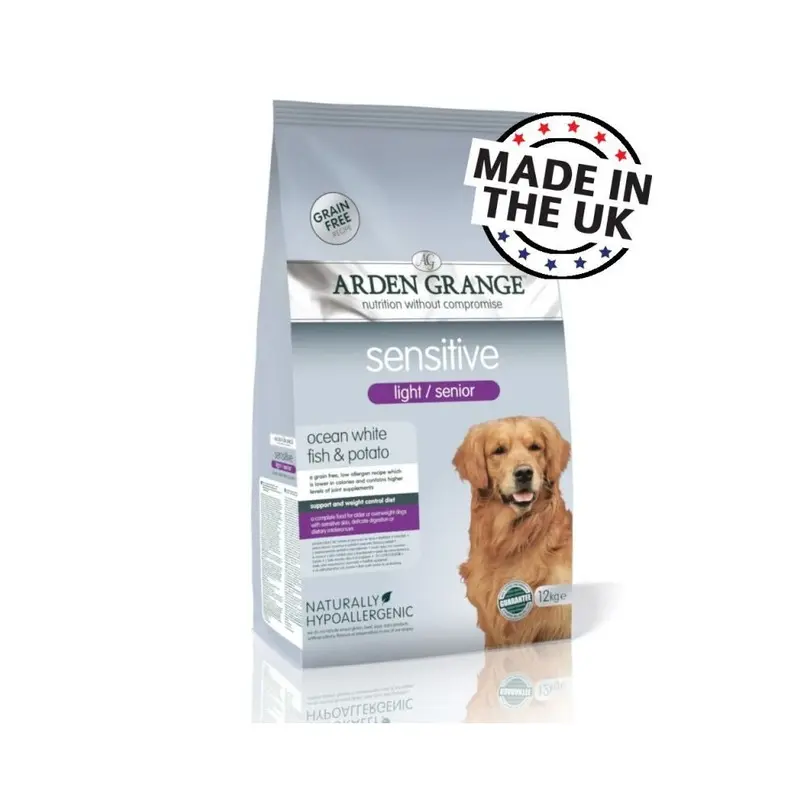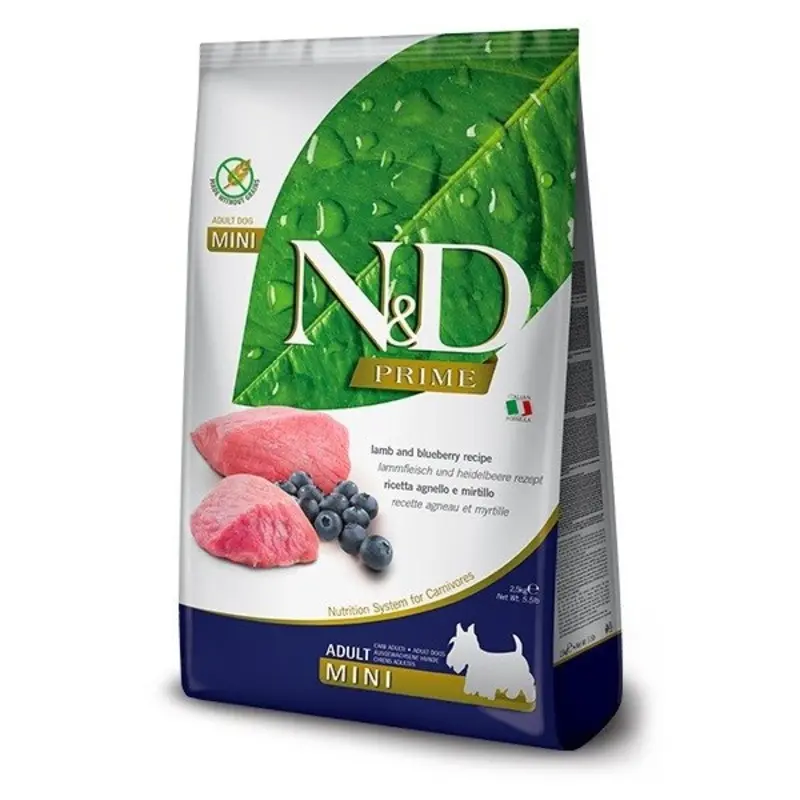 Sale!
Sale! Azithromycin 200mg/5ml Suspension 30ml
$21.79
$27.24
Quick Overview
Overview ofAzithromycin for Canines and Felines Azithromycin, better known asZithromax and commonly as the "Z-pack" in humans, is used for dogs and cats to treat dermatological infections, respiratory tract infections and urogenital infections. Azithromyci
- Satisfaction 100% Guaranteed
- Free shipping on orders over $30
- 60 day easy Return
Overview ofAzithromycin for Canines and Felines
Azithromycin, better known asZithromax and commonly as the “Z-pack” in humans, is used for dogs and cats to treat dermatological infections, respiratory tract infections and urogenital infections. Azithromycin, derived from erythromycin, belongs to the azalide subclass of macrolide antibiotics . Like other macrolide antibiotics, it works by binding to the “P” site of the 50S ribosomal subunit of susceptible microorganisms interrupting RNA-dependent protein synthesis. Susceptible bacteria include: Staphylococcus aureus, various Streptococci, some Hemophilus spp, certain Bacteroides spp, Borrelia burgdorferi, some Mycoplasma spp, and some species of Chlamydia. Following oral administration, azithromycin is rapidly absorbed and widely distributed throughout the body. Azithromycin’s bioavailability is 97% in dogs, 58% in cats, and its protein binding is 7-51%, depending on the plasma concentration. Rapid distribution of azithromycin into tissues results in significantly higher azithromycin levels in tissues than in plasma. The half-life of azithromycin is long. The tissue half-life in dogs may be up to 90 hours. In cats tissue the half-life is 13 to 72 hours, depending on the tissue. Azithromycin undergoes some hepatic metabolism but the majority of an administered dose is excreted unchanged in bile. Azithromycin is a prescription drug and can only be obtained from a veterinarian or by prescription from a veterinarian. This drug is not approved for use in animals by the Food and Drug Administration but it is prescribed legally by veterinarians as an extra-label drug. Uses of Azithromycin for Dogs and Cats Treatment of infections caused by susceptible microorganisms: Dermatological infections Respiratory tract infections Urogenital infections Otitis media Precautions and Side Effects Azithromycin should not be used in animals with known hypersensitivity or allergy to it or other macrolide antibiotics.In addition, it should be used with great caution (if at all) when there is preexisting liver disease. Gastrointestinal side effects may include vomiting, diarrhea, or abdominal pain. Angioedema and cholestatic jaundice have been reported (rarely) in treated humans. Cardiac arrhythmias, including ventricular tachycardia, may be precipitated by azithromycin. Renal dysfunction, including interstitial nephritis and acute renal failure, may occur secondary to azithromycin treatment and liver function may be affected. Drug Interactions Azithromycin may elevate serum digoxin levels. When ergotamine or dihydroergotamine are concurrently administered with azithromycin ergot toxicity may occur. Azithromycin causes a decrease in the clearance of triazolam and thus an increase in its pharmacologic effects. Pimozide is contraindicated in patients receiving azithromycin, and vice versa (death may result). Animals being treated with cisapride should not be given azithromycin or other macrolide antibiotic . Drugs metabolized by cytochrome P450 (e.g. carbamazepine, terfenadine, cyclosporine, hexobarbital, and phenytoin) will have their serum levels elevated by azithromycin. Oral antacids reduce the absorption of azithromycin. How Azithromycin is Supplied Tablets: 250 mg, 500 mg, 600 mg Powder for injection: 500 mg (lyophilized) in 10 mL vials Powder for oral suspension: 100 mg/5 mL, 200 mg/5mL, & 1 g/packet Dosing Information ofAzithromycin for Dogs and Cats Medication should never be administered without first consulting your veterinarian. In dogs, the usual dosage is 2.5 to 5 mg per pound (5 to 10 mg/kg) orally once daily for up to 7 days.In cats, the usual dosage is 2.5 to 7.5 mg per pound (5 to 15 mg/kg) orally every 12 to 24 hours for up to 7 days.The duration of administration depends on the condition being treated, response to the medication and the development of any adverse effects. Be certain to complete the prescription unless specifically directed by your veterinarian. Even if your pet feels better, the entire treatment plan should be completed to prevent relapse.
| Cost: | $25 |
| Free Shipping | We offer free shipping on orders over $30. Please check the free - shipping eligibility at checkout. |
| Delivery Time: | It usually takes [3-5] business days for standard shipping. Please note that this is an estimated time frame and may be affected by local holidays, and unforeseen circumstances. |





Reviews
There are no reviews yet.